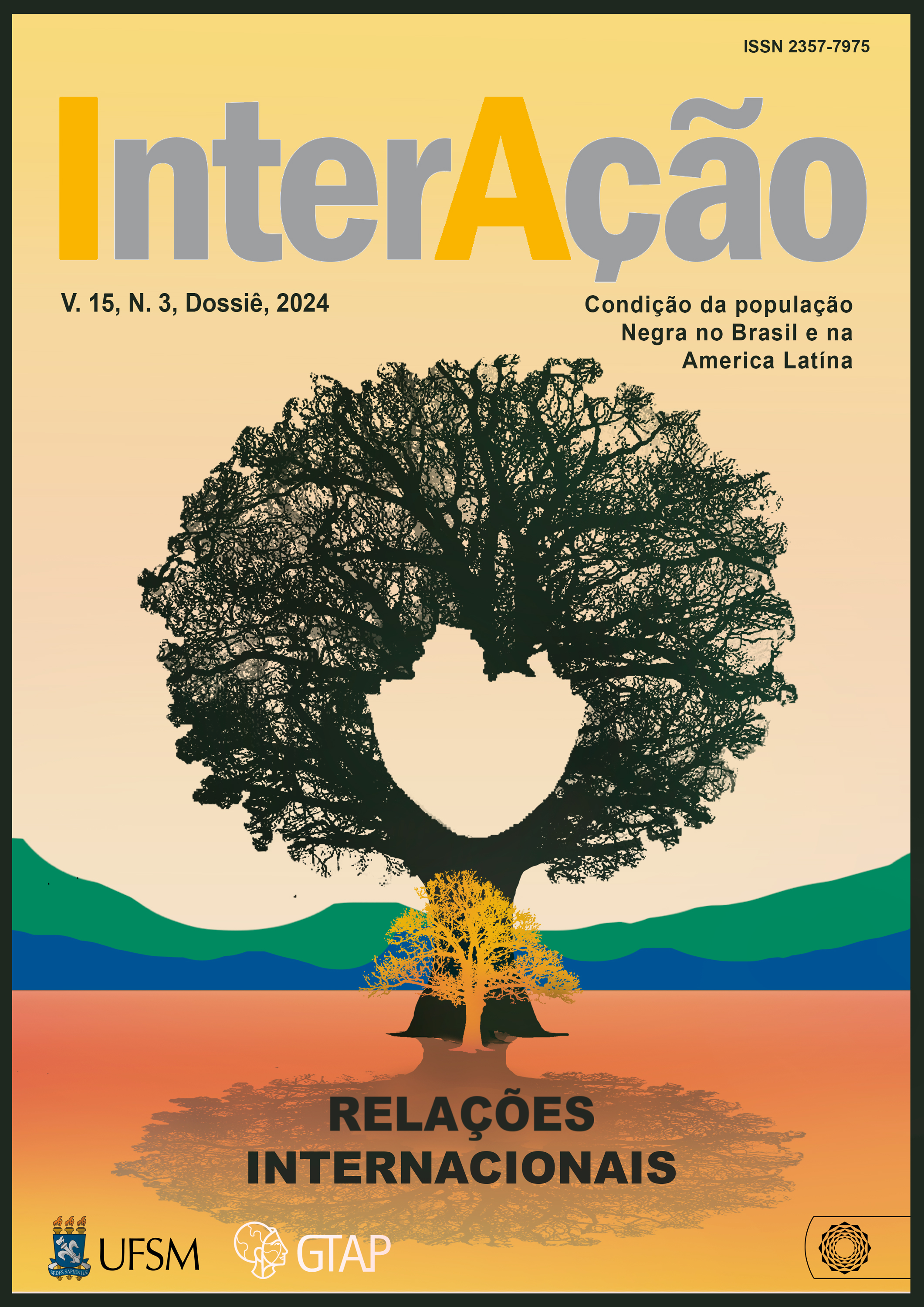Cuti and the claim of black subjectivity in brazilian theater
DOI:
https://doi.org/10.5902/2357797588414Keywords:
Cuti, Black literature, Brazilian theater, Black theater, Contemporary theaterAbstract
Systematically relegated to the background in the history of Brazilian dramaturgy, black people were (almost) always represented in a problematically way, given the racist worldview that centuries of slavery have marked the country. When not reduced to an ornament, reified or silenced and prevented from expressing themselves, black characters were often conceived under the sign of the wild and the exotic. It was until the middle of the twentieth century, when the first big movement offered a dignified space for black man to be represented in the dramatic arts: the Black Experimental Theatre (TEN), led by Abdias do Nascimento. In spite of the publication of plays for black people by the creator of TEN and published in 1961 – these texts still incur the reinforcement of some stereotypes. In this sense, until the 1980’s a representation of black people in its full complexity was lacking emotional depth. Cuti's dramaturgy, a socially involved thinker of black literature, emerges to claim the black subjectivity in Brazilian theater. In this article, we will try to demonstrate how the writer resignify the historically negative signs often related to blackness and, above all, how he subverts the racist hegemonic discourse by bringing to the proscenium the full complexity of being a black person in a world designed for white people.
Downloads
References
ADORNO, Theodor; HORKHEIMER, Max. Dialética do esclarecimento. Rio de Janeiro: Jorge Zahar Editor, 1985.
AUGEL, Moema Parente. A fala identitária: teatro afro brasileiro hoje. Afro-Ásia, Salvador, n. 24, p. 291-323, 2000.
CUTI. Dois nós na noite e outras peças de teatro negro-brasileiro. Belo Horizonte: Mazza Edições, 2009.
CUTI. Literatura negro-brasileira. São Paulo: Selo Negro Edições, 2010a.
CUTI. Negroesia: antologia poética. São Paulo: Mazza Edições, 2010b.
CUTI. Quem tem medo da palavra negro?. 2012. Disponível em: http://www.sedes.org.br/Departamentos/Psicanalise/pdf/quemtemmedodapalavranegro_cuti.pdf. Acesso em: 17 jun. 2024.
CUTI. Tenho medo de monólogo & Uma farsa de dois gumes: peças de teatro negro-brasileiro. São Paulo: Ciclo Contínuo Editorial, 2017.
DU BOIS, W. E. B. As almas da gente negra. Rio de Janeiro: Lacerda, 1999.
FANON, Frantz. Pele negra, máscaras brancas. Salvador: Editora da UFBA, 2008.
LACLAU, Ernesto; MOUFFE, Chantal. Hegemony and socialista strategy: twords a radical democratic polities. New York: Verso, 2001.
NASCIMENTO, Abdias. O genogício do negro brasileiro: processo de um racismo mascarado. Rio de Janeiro, Paz e Terra, 1978.
PAVIS, Patrice. Dicionário de teatro. São Paulo: Perspectiva, 2008.
SOUZA, Jessé. A elite do atraso. Rio de Janeiro: Estação Brasil, 2019.
SZONDI, Peter. Teoria do drama moderno. São Paulo: Cosac & Naify, 2001.
Downloads
Published
How to Cite
Issue
Section
License

This work is licensed under a Creative Commons Attribution-NonCommercial-ShareAlike 4.0 International License.







